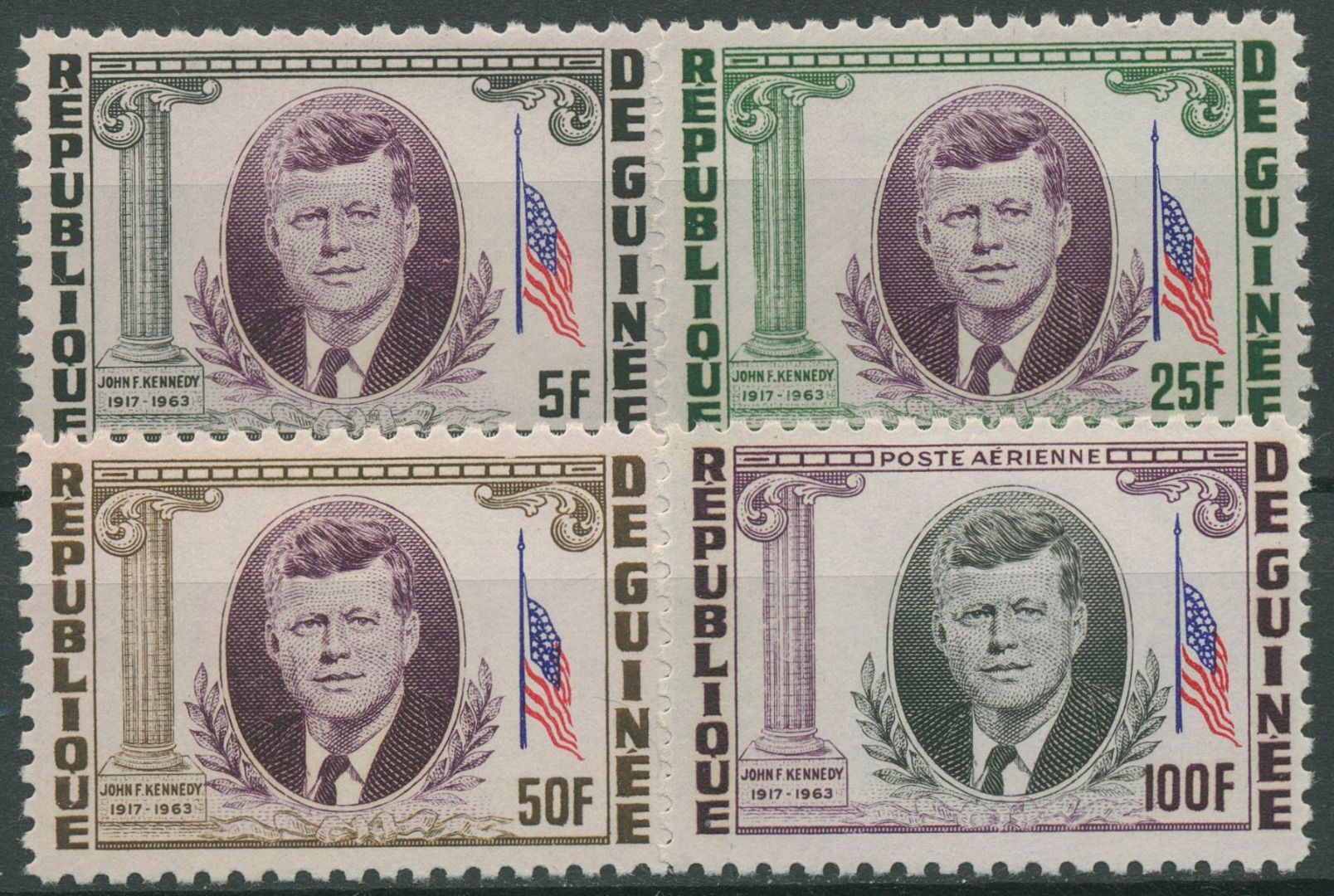
Introduction
Guinea, a West African nation rich in natural resources, has been navigating through a tumultuous political landscape following a coup d’état in September 2021. Understanding the developments occurring in Guinea is vital, as it affects not only the lives of its citizens but also impacts regional stability and international interests.
Recent Political Developments
Since the military junta led by Colonel Mamadi Doumbouya seized power, the country has experienced significant changes. Initially welcomed by some citizens who were disillusioned with the previous administration, the junta has faced criticism and protests regarding its handling of governance and human rights issues. In March 2023, the transitional authorities announced a timeline to return to civilian rule by December 2024. This announcement, however, has been met with scepticism, both domestically and from international observers, due to the previous delays in transition promises.
Human Rights Concerns
Various human rights organisations have raised alarms about the current regime’s repression of dissent. Reports have highlighted cases of arbitrary arrests, suppression of free speech, and violence against civilian protesters. For instance, in August 2023, protests demanding faster democratic reforms resulted in clashes with security forces, leading to several injuries and multiple arrests.
Economic Implications
Guinea is endowed with vast mineral wealth, particularly bauxite, which is essential for aluminium production. However, the political instability has led to concerns among foreign investors regarding the country’s long-term economic prospects. It has been reported that major mining companies are reassessing their investments in the light of Guinea’s unpredictable political environment. Furthermore, inflation rates have increased, impacting the daily lives of ordinary citizens.
Conclusion
Guinea stands at a crossroads; while the promise of a return to civilian rule may bring about renewed hope, the road ahead is fraught with challenges. The involvement of regional organisations, such as the Economic Community of West African States (ECOWAS), will be crucial in ensuring that Guinea adheres to its transition timeline. How the junta handles dissent, manages economic policies, and builds trust with its population will ultimately determine the country’s future stability. Observers will need to remain vigilant, as developments in Guinea will not only shape the nation’s future but could also have significant implications for regional security and economic collaboration.
You may also like

Understanding the Current Political Landscape in the UK

The UKIP Party: Recent Developments and Future Outlook
